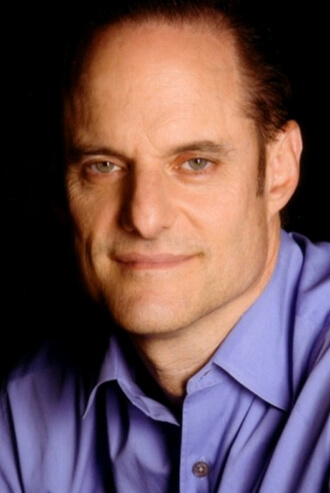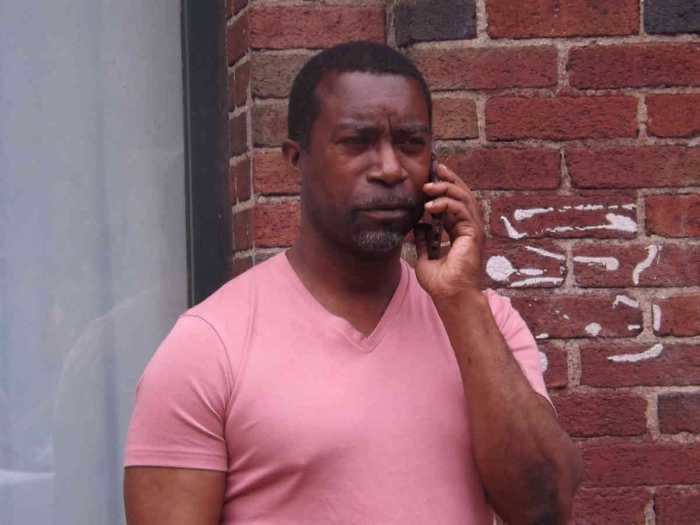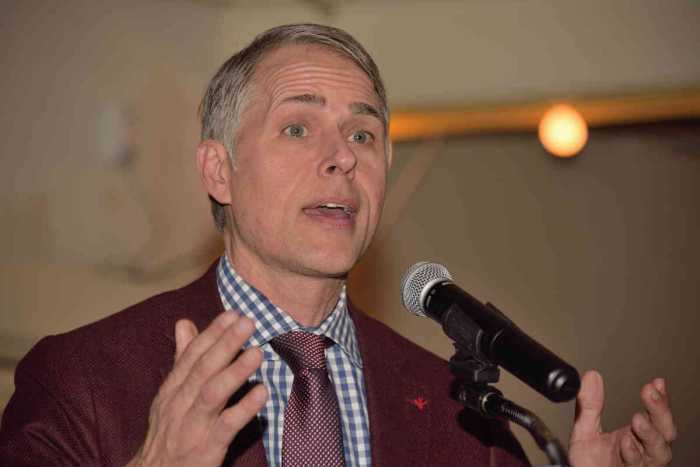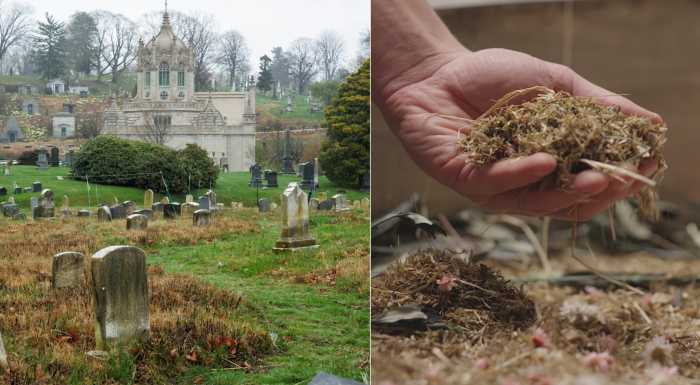Michael Weinstein, president of the AIDS Healthcare Foundation. | AIDSHEALTH.ORG
BY DUNCAN OSBORNE | Data from the US Department of Justice on whistleblower lawsuits suggest that a recent fraud case brought against the AIDS Healthcare Foundation by three former employees is unlikely to succeed.
The lawsuit, filed last year under the federal False Claims Act and a similar Florida statute by Shawn Loftis, Mauricio Ferrer, and Jack Carrel, charges that AHF defrauded the federal government and Florida by paying incentives and bonuses to employees for increasing HIV testing, identifying more HIV-positive people, and steering those people to AHF facilities for treatment and care. The lawsuit also charges that some patients were given incentives to use AHF facilities.
The federal government and Florida reimbursed AHF for the testing and later care and treatment through Medicare, a federal health program, Medicaid, a health program jointly funded by the states and the federal government, and various other federal agencies. AHF is headquartered in Los Angeles and operates in 12 states.
Ex-employees of AIDS Healthcare Foundation charge incentives to staff, patients violate federal, state laws
Such lawsuits are first filed under seal and the government is required to investigate the allegations. It then decides if it will join the case. The plaintiffs in these lawsuits, the three former employees, collect a percentage of the settlement or judgment. The suit was filed in June of last year, and in February of this year Florida and the federal government declined to intervene. While the federal statute says that no inferences can be drawn from a decision to not intervene, data strongly suggest that when the federal government does not intervene, the case will not be successful.
In 2013, such lawsuits won $47.1 million when the federal government intervened and nothing in cases where the government declined to intervene, according to Justice Department statistics. From 1987 through 2013, these lawsuits won settlements or judgments worth $2.6 billion when the government intervened and $151.8 million, or just five percent of all the cash for those years, when the government did not intervene.
“Recoveries under the False Claims Act are almost entirely in cases in which the government intervenes,” said John T. Boese, who is of counsel at Fried, Frank, Harris, Shriver & Jacobson LLP and a nationally recognized expert on such litigation. “The fact that Florida and the federal government declined to intervene here is an indicator.”
Boese has always represented defendants in false claims cases. Attorneys who have represented whistleblowers and academics who have published on the False Claims Act were less definitive, but generally noted that these cases were tougher when the government does not participate.
“First, government decisions to decline do not, without more information, mean anything,” wrote Shayne Stevenson, the partner who heads the whistleblower practice at Hagens Berman Sobol Shapiro LLP, in an email. “The law is well-established that no inference in favor of the defendant can be taken from a mere decline. The government has limited resources and cannot intervene in every case in a timely manner. Second, there are many circumstances in which payments to Medicare/ Medicaid or other government beneficiaries in exchange for provision of medical services is unlawful, but there are exceptions.”
Ted Leopold, who is lead counsel for the former employees in the AHF suit and a partner at Cohen Milstein Sellers & Toll LLP, said the Justice Department office in southern Florida had more Medicare fraud cases than any other unit in the nation so it is not surprising that they did not intervene in the AHF suit.
“I take very little from that,” he told Gay City News. “The fact that they have not taken the case is not a big bellwether.”
US Department of Health and Human Services documents supplied to Gay City News by AHF indicate that employee compensation, which would include the bonuses and incentives paid to AHF employees, are exempt from False Claims Act provisions. Federal anti-fraud rules place strict and very low limits on gifts and support that may be given to Medicare and Medicaid patients.
The lawsuit alleges that AHF defrauded the government to the tune of $20 million a year. The False Claims Act allows triple damages and fines between $5,500 and $11,000 per violation so, if successful, the lawsuit could cripple the agency and perhaps even force it to close. AHF, with an annual budget of $300 million, has over 400,000 clients and 3,000 employees worldwide. A judgment against AHF could also chill HIV testing and treatment efforts at other AIDS agencies.
The lawsuit has delighted some AIDS activists who dislike Michael Weinstein, AHF’s president, because he is a visible and occasionally provocative opponent of pre-exposure prophylaxis (PrEP), anti-HIV drugs taken by HIV-negative people to prevent infection. Weinstein said that federal agencies, including the National Institutes of Health (NIH), the Health Resources and Services Administration (HRSA), and the Centers for Disease Control and Prevention (CDC) allow incentives for staff and patients.
“The CDC, HRSA, and NIH all have incentives built into their interventions,” he told Gay City News. “It’s commonplace… It seems like our crime here is we’re trying to get patients into care.”



































